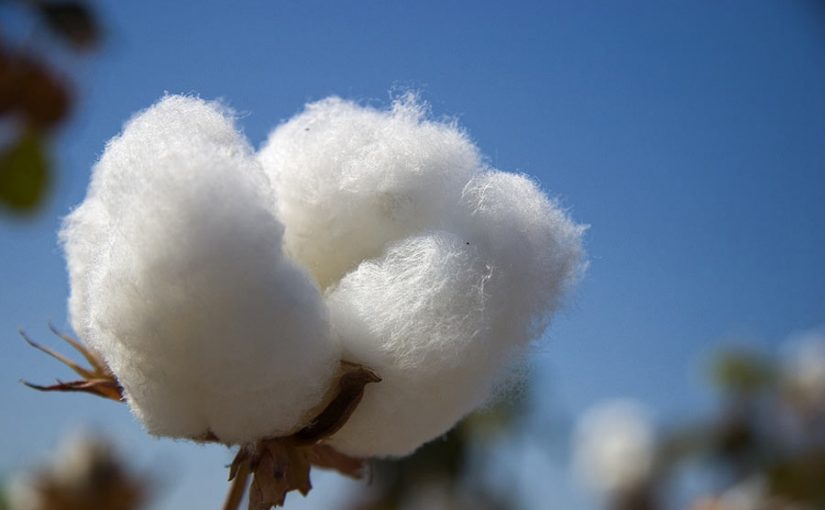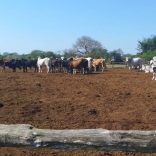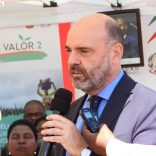Mozambique: Bilene investigates suspected Theileriosis outbreak
Cotton seed commercialisation: Price decision sent to government – Noticias

in file CoM
The government is in possession of a proposal on the reference prices for Mozambique’s cotton seed commercialisation campaign this year’s.
The first meeting between representatives of the National Producers Forum (FONPA) and the Associação Algodoeira de Moçambique (AAM) in Maputo yesterday failed to produce agreement on the reference price.
FONPA advocated maintaining the reference price of first-class cotton at 23.30 meticais per kilogram, and 17 meticais per kilogram of second, plus a ginning rate of seven meticais per kilogram, as was the case last year.
FONPA said that a price reduction this year would affect farmers’ incomes, which are already very low, and warned that it could spur a mass abandonment of the crop in the next campaign.
Algodoeira de Moçambique Association representative Francisco Ferreira dos Santos countered with an offer of 19 meticais per kilogram for first-class cotton, in line with the price calculation formula approved by the government in 2017, and based on the price of cotton in the international market and the exchange rate in the interbank market.
Dos Santos said he was aware of the risk that a fall in cotton prices represented, but pointed out that companies could not bear the commercial risk above the proposed price. Buying cotton at 19 meticais per kilogram still represented a risk, he said, since the price of “white gold” was falling globally as a result of the Covid-19 pandemic.
According to the Bank of Mozambique, cotton is Mozambique’s fourth-largest agricultural export product, and its seventh-largest export product in general.
Employing about 200,000 small farmers, the product generates about US$30 to US$50 million annually, and is considered the main source of income for 1.5 million people in Mozambique. It is also responsible for creating a further 20,000 or so jobs along the value chain.
In this context, Minister of Agriculture and Rural Development Celso Correia noted that the country must find ways to improve the income of the small farmers involved in cotton production, suggesting an agreement between small farmers and producing companies to allow farmers to produce, as well as cotton, other high-yield crops such as soybeans.
Minister Correia also asked farmers not to allow informal workers to take production promoted by companies to other markets, to the detriment of the Mozambican economy.
In addition to the Minister of Agriculture, yesterday’s meeting was attended by representatives of the Mozambique Cotton Institute (IAM), as well as managers of cotton -oriented companies.













Leave a Reply
Be the First to Comment!
You must be logged in to post a comment.
You must be logged in to post a comment.